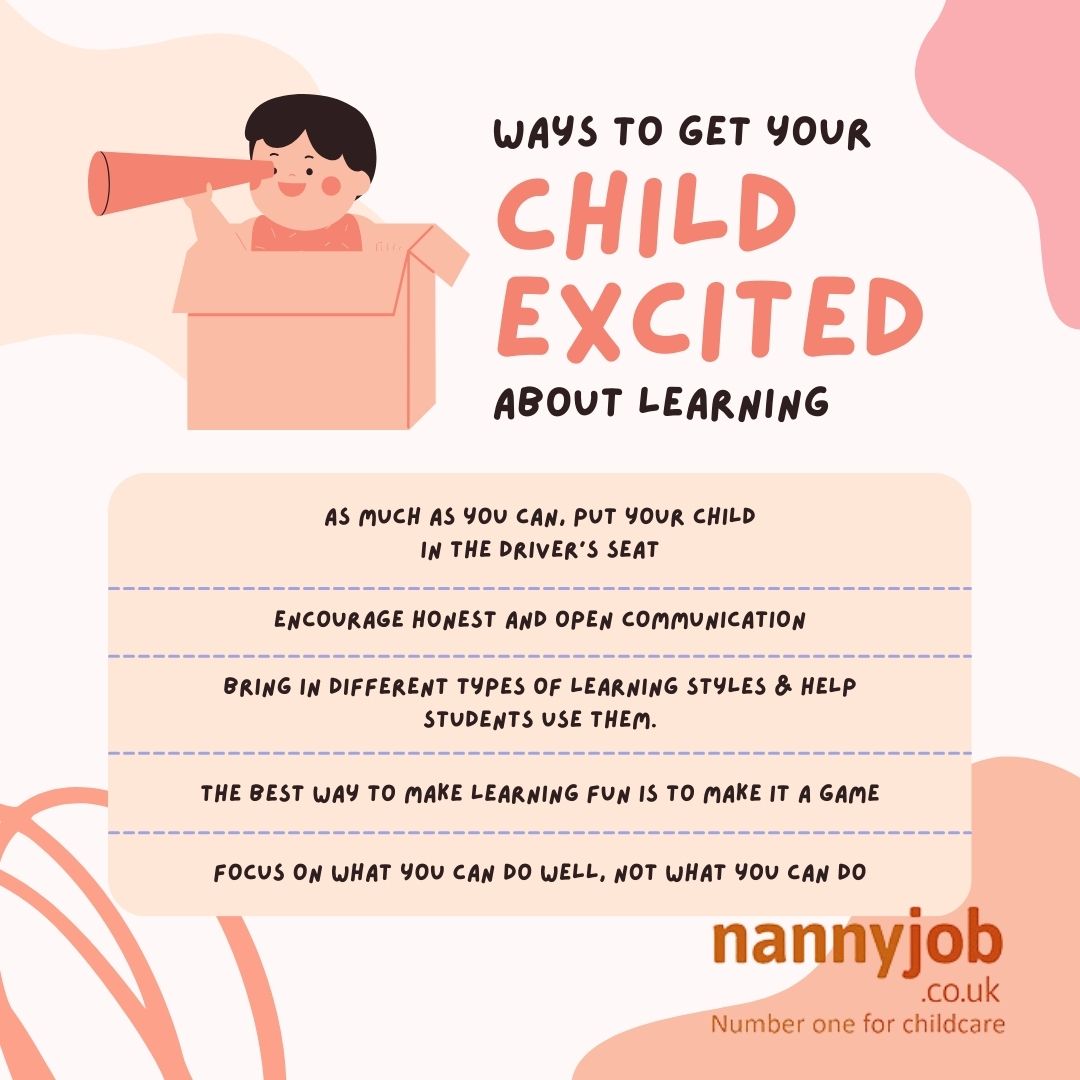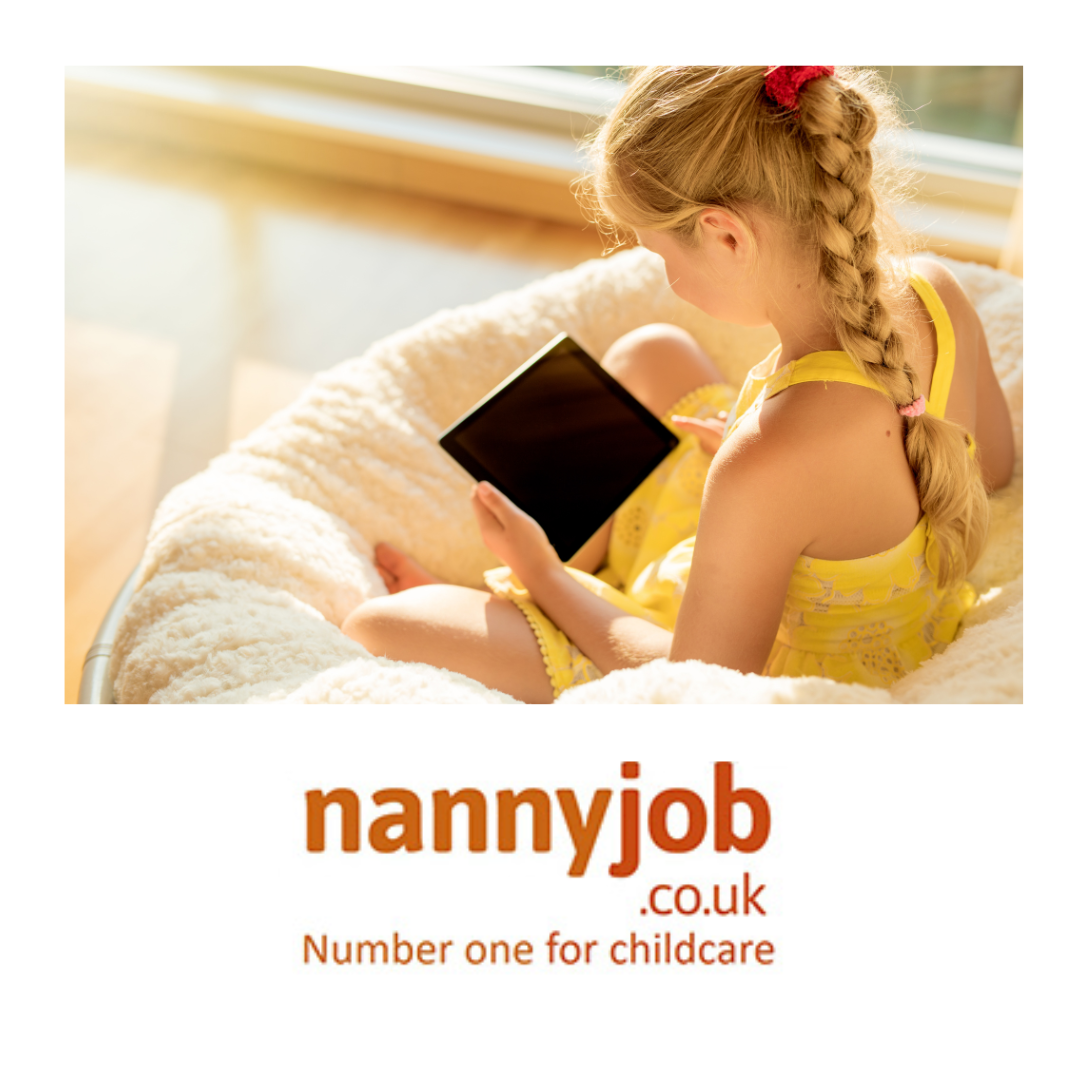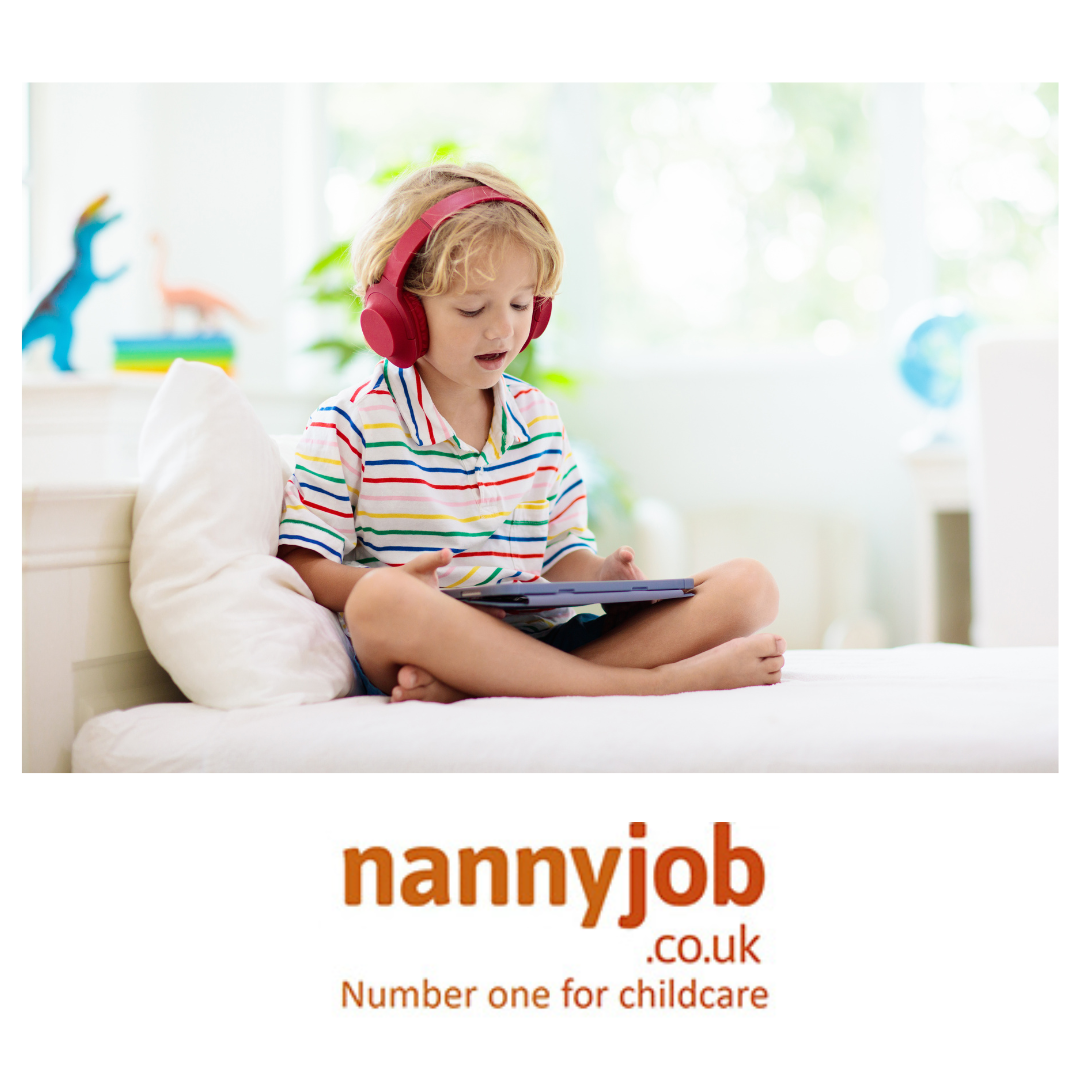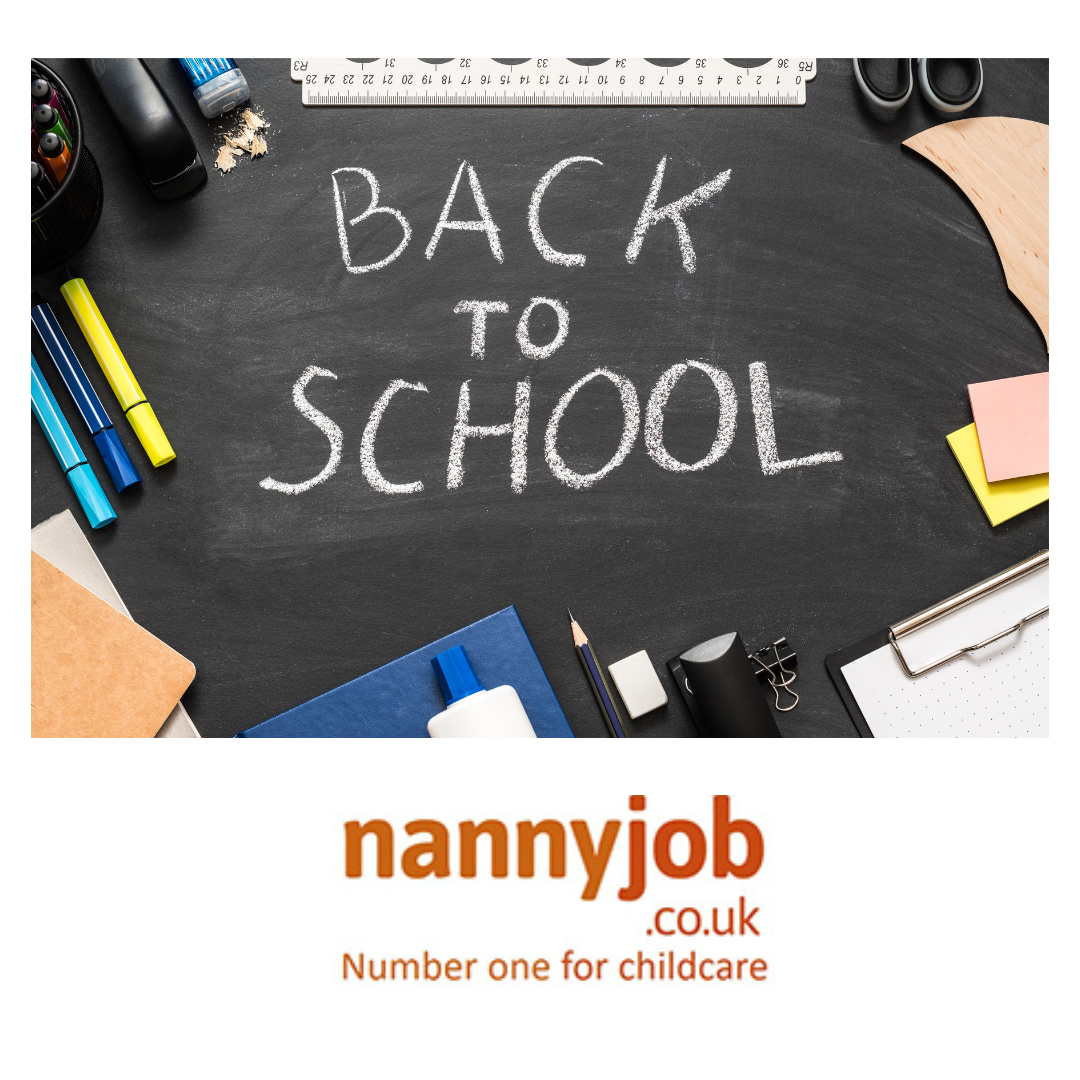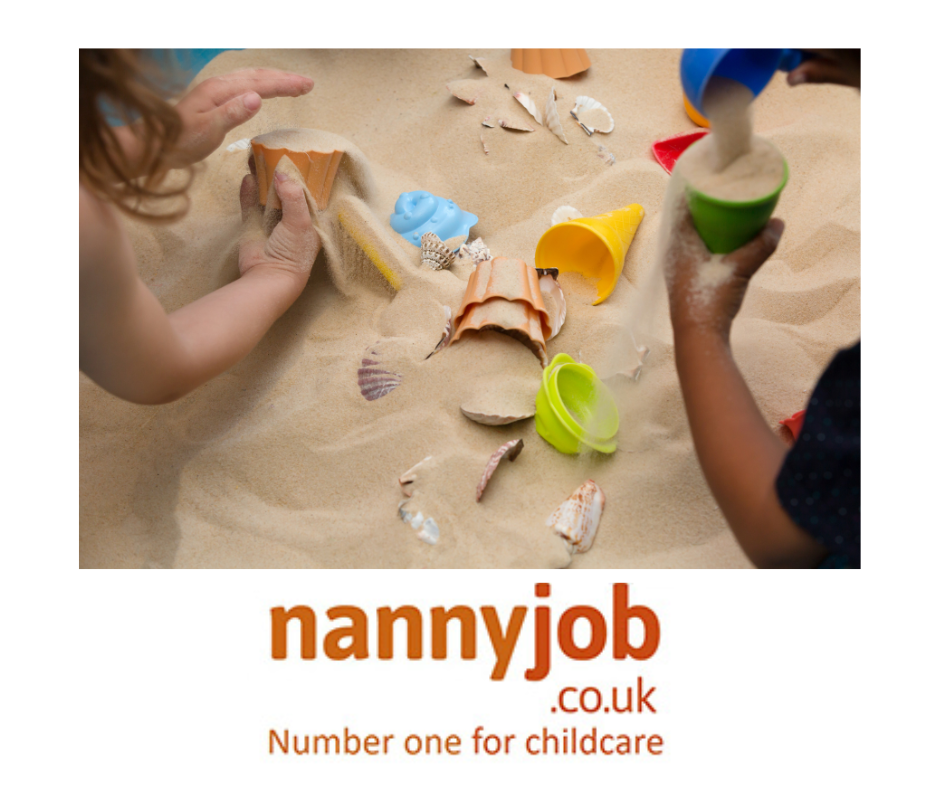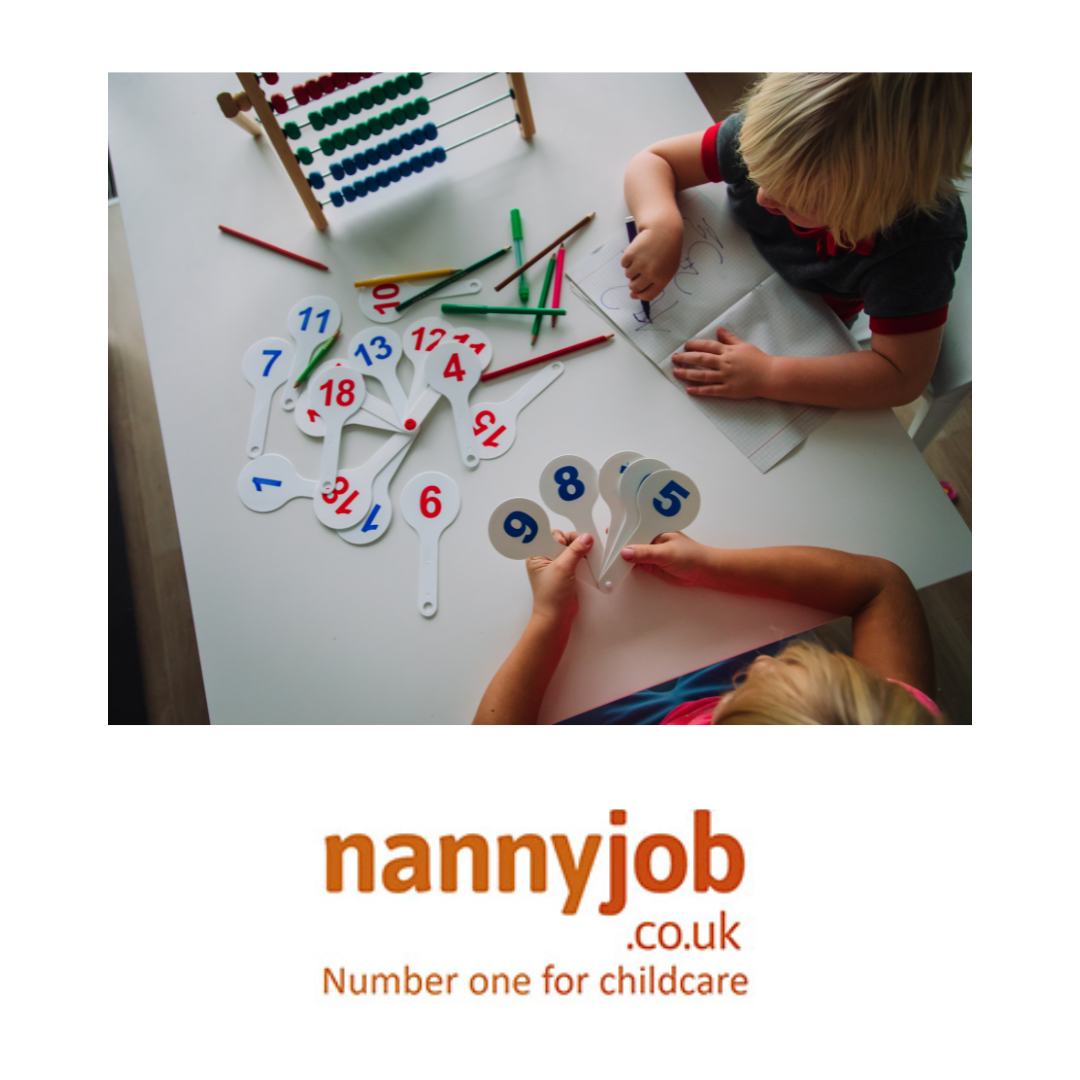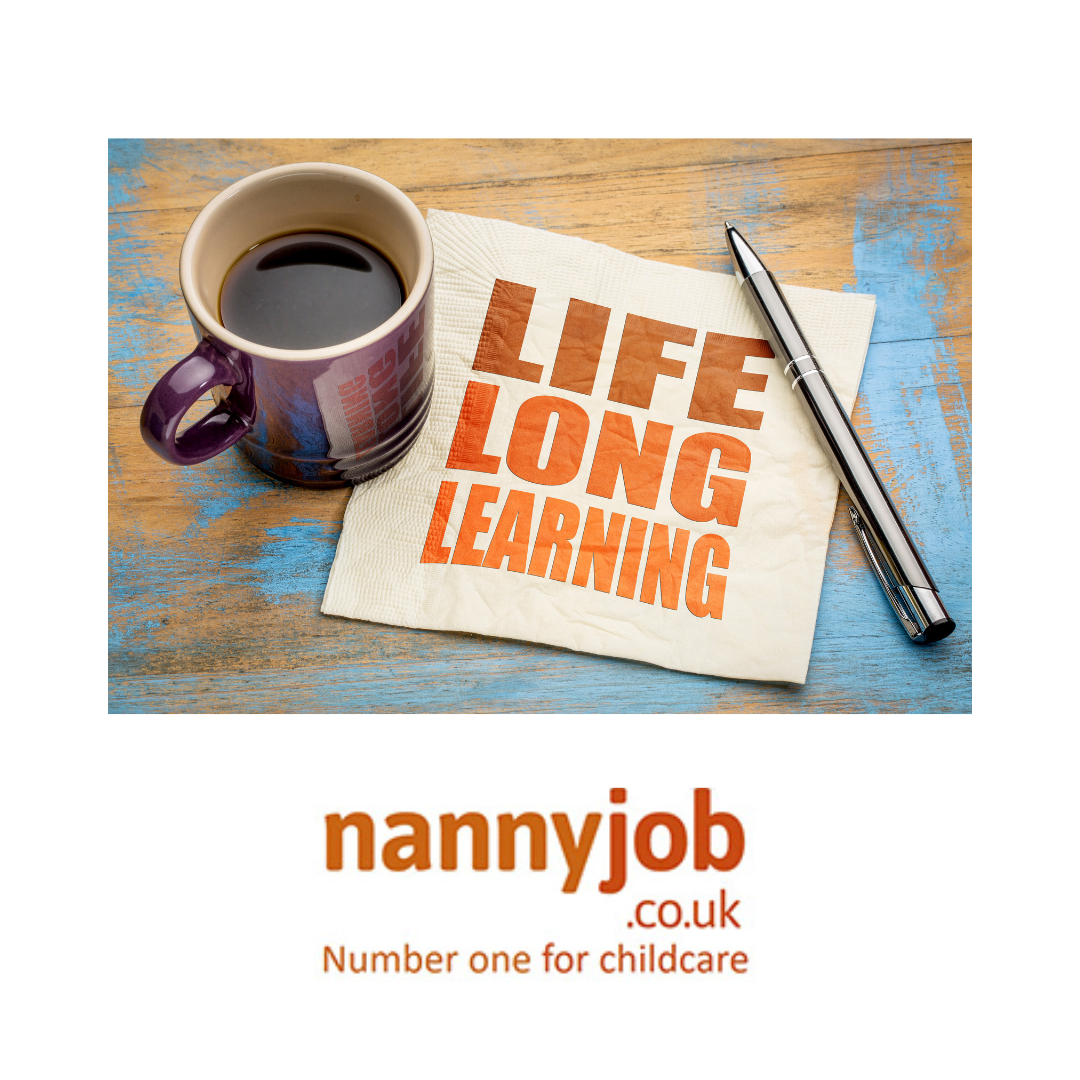British Science Week is more than just a celebration—it’s a powerful opportunity to spark curiosity, creativity, and a love for discovery in children. From 8th to 17th March 2025, the UK will come alive with science-themed events, experiments, and activities, all designed to make science accessible, exciting, and engaging for young minds.
As nannies, parents, and caregivers, we play a key role in introducing children to the wonders of science, technology, engineering, and maths (STEM). Encouraging an interest in these subjects early on can shape how children view the world and help develop problem-solving skills that will benefit them for life.
 What is British Science Week?
What is British Science Week?
British Science Week is a ten-day celebration of science, technology, engineering, and maths (STEM), organised by the British Science Association. Its goal is to make science more approachable and inspire the next generation of scientists, engineers, and innovators.
Throughout the week, schools, universities, and organisations across the UK will host:



Whether you’re a teacher, a parent, a nanny, or simply curious about science, there’s something for everyone to explore!
 Why STEM Education Matters for Children
Why STEM Education Matters for Children
Early exposure to STEM subjects can have a lifelong impact on children’s development:





 Fun Ways to Get Children Involved in British Science Week
Fun Ways to Get Children Involved in British Science Week
 1. Simple Experiments at Home
1. Simple Experiments at Home
Set up easy science activities like:
- Making a volcano with baking soda and vinegar
- Growing cress or sunflower seeds to explore plant life
- Mixing oil, water, and food colouring to learn about density
 2. Visit a Science Museum or Exhibition
2. Visit a Science Museum or Exhibition
Take a trip to a local science museum or check out pop-up exhibits running during British Science Week. Hands-on experiences make science come to life!
 3. Outdoor Exploration
3. Outdoor Exploration
Science is everywhere! Go for a walk and:
- Identify different plants and bugs
- Discuss the changing weather and seasons
- Look for shapes and patterns in nature
 4. Encourage Curiosity
4. Encourage Curiosity
Let children ask questions and explore their own ideas. If they ask why the sky is blue or how planes stay in the air, take the time to research the answers together!
 How Nannies and Parents Can Support STEM Learning
How Nannies and Parents Can Support STEM Learning




 Final Thoughts
Final Thoughts
British Science Week is the perfect time to introduce children to the exciting world of science. Encouraging a love for STEM early on helps children build confidence, develop problem-solving skills, and see the world through a curious and creative lens. Whether you’re conducting experiments at home, visiting a museum, or simply asking ‘why?’ more often, you’re helping to build a foundation for a lifelong love of learning.


